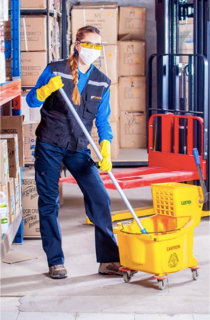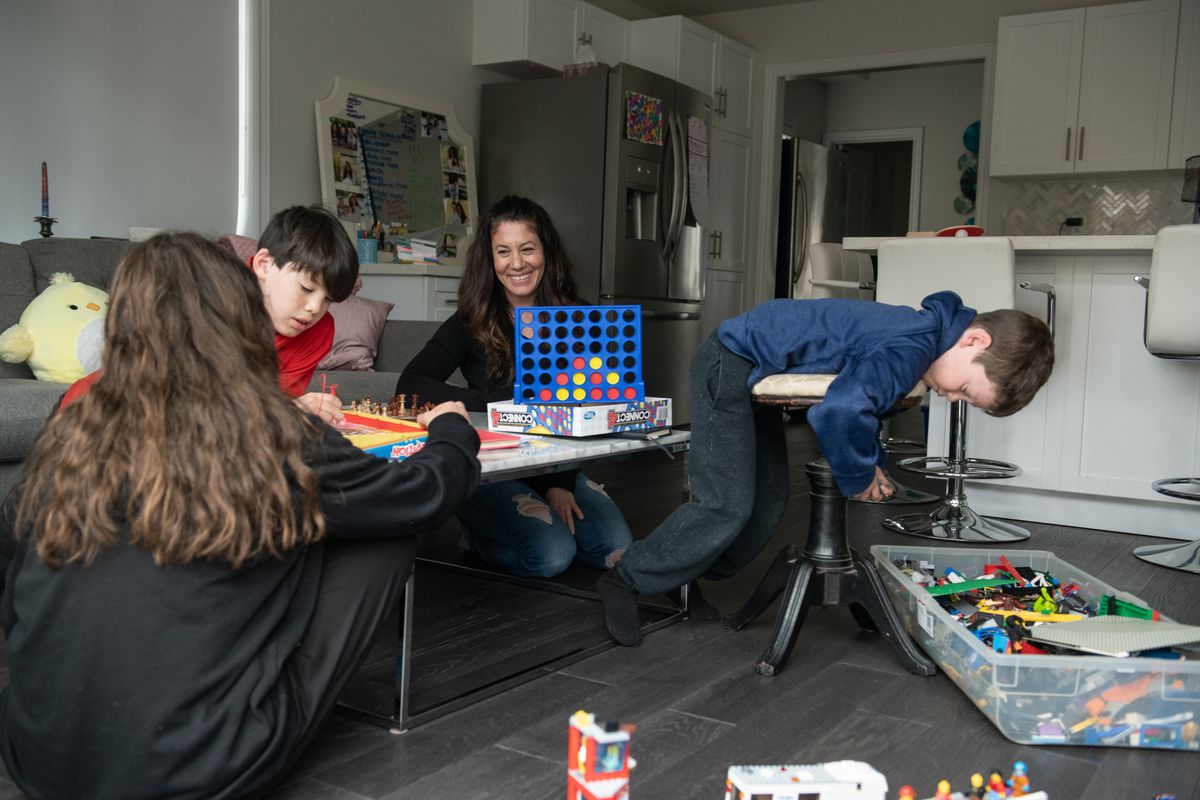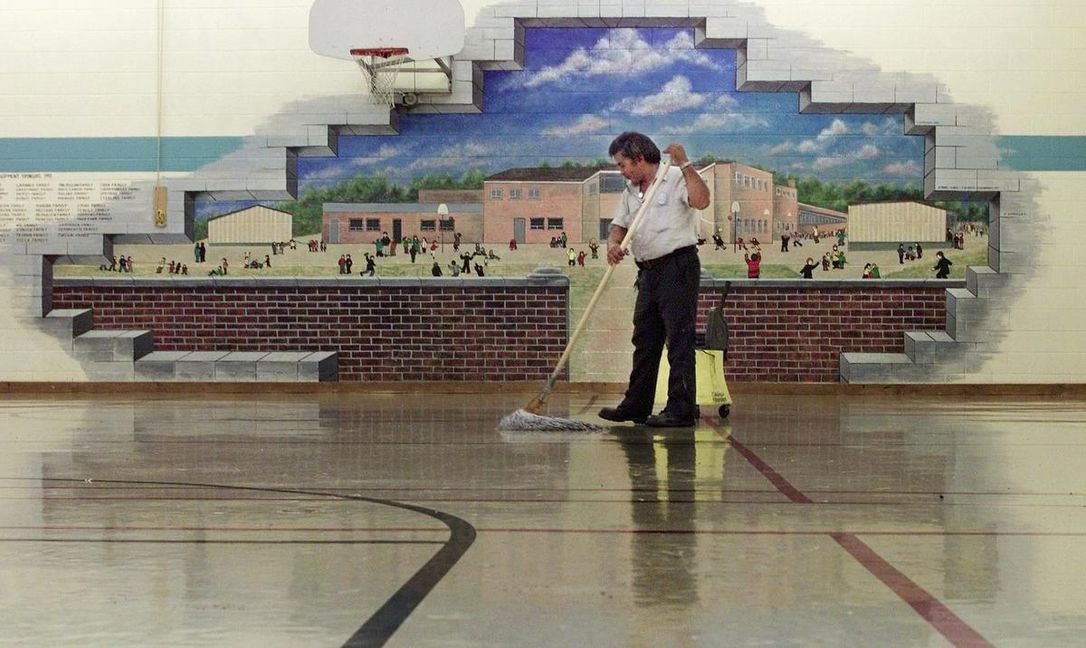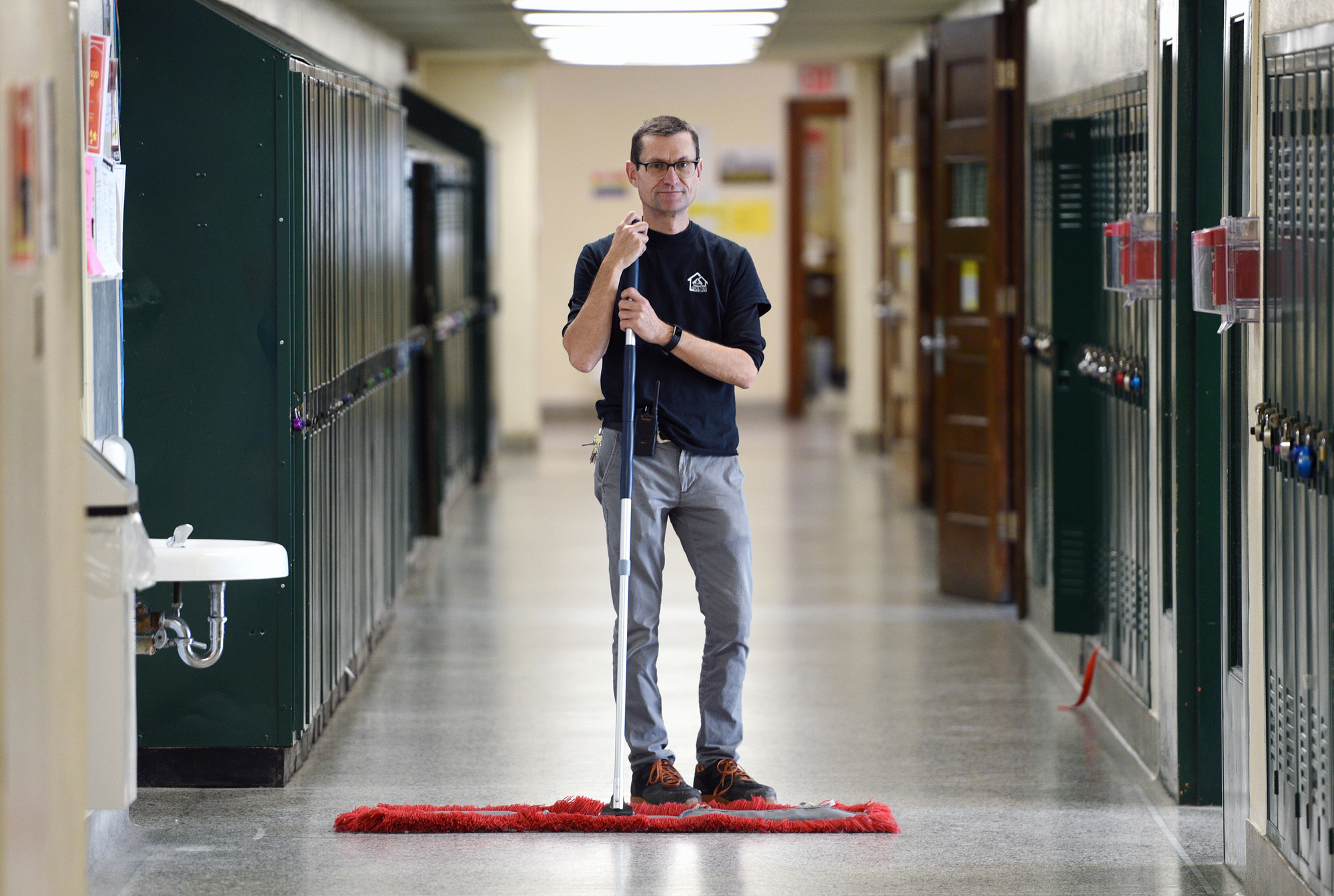 Students and families in Ontario now know that our publicly funded schools will remain closed until at least September. We can appreciate where there are many details to consider before any return to classrooms can be done safely. One detail that we can all agree upon is that health and safety, cleanliness, and hand-washing standards must be developed in any return to school plans. In former Premier Kathleen Wynne’s Opinion piece in the May 10, 2020 Toronto Star entitled, “We need a back-so-school plan“, she proposes any prudent plan would include increased cleaning regimes in schools, which would require increased custodial staff and may require training on deep cleaning techniques.
Students and families in Ontario now know that our publicly funded schools will remain closed until at least September. We can appreciate where there are many details to consider before any return to classrooms can be done safely. One detail that we can all agree upon is that health and safety, cleanliness, and hand-washing standards must be developed in any return to school plans. In former Premier Kathleen Wynne’s Opinion piece in the May 10, 2020 Toronto Star entitled, “We need a back-so-school plan“, she proposes any prudent plan would include increased cleaning regimes in schools, which would require increased custodial staff and may require training on deep cleaning techniques.
 With this in mind, Fix Our Schools sees caretakers as more important than ever before in our publicly funded school system. We also see the implementation of cleaning, health, and safety standards in our schools as being more important than ever before. We must come together to determine the new standards and protocols that will enable a safe return to school for both students and adults alike. And we must also ensure that we fund an adequate number of fully-trained caretakers to be able to reasonably uphold these standards and conduct these new protocols. For instance, our campaign has frequently heard from parents with concerns over lack of hand soap and paper towels in school washrooms because their local school’s caretaking staff was stretched too thin.
With this in mind, Fix Our Schools sees caretakers as more important than ever before in our publicly funded school system. We also see the implementation of cleaning, health, and safety standards in our schools as being more important than ever before. We must come together to determine the new standards and protocols that will enable a safe return to school for both students and adults alike. And we must also ensure that we fund an adequate number of fully-trained caretakers to be able to reasonably uphold these standards and conduct these new protocols. For instance, our campaign has frequently heard from parents with concerns over lack of hand soap and paper towels in school washrooms because their local school’s caretaking staff was stretched too thin.
The Fix Our Schools campaign has always appreciated the education workers who often go unrecognized in delivering quality education to our children such as caretakers, office staff, education assistants, and lunchroom supervisors. In fact, we’ve often scratched our heads as our provincial government consistently seemed to undermine their efforts to keep our children’s school safe and clean, as they cut provincial funding. We trust this time has passed and that our provincial government will move forward in a manner that acknowledges and respects the many ways education workers ensure our children’s schools safe, healthy, and well-maintained.



